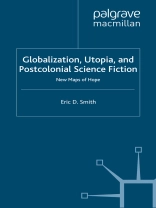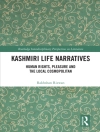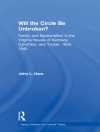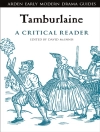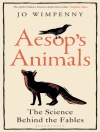This study considers the recent surge of science fiction narratives from the postcolonial Third World as a utopian response to the spatial, political, and representational dilemmas that attend globalization.
Tabela de Conteúdo
Acknowledgments Introduction: The Desire Called Postcolonial Science Fiction ‘Fictions Where a Man Could Live’: Worldlessness Against the Void in Salman Rushdie’s Grimus ‘The Only Way Out is Through’: Spaces of Narrative and the Narrative of Space in Nalo Hopkinson’s Midnight Robber There’s No Splace Like Home: Domesticity, Difference, and the ‘Long Space’ of Short Fiction in Vandana Singh’s The Woman Who Thought She Was a Planet Claiming the Futures That Are, or, The Cunning of History in Amitav Ghosh’s The Calcutta Chromosome and Manjula Padmanabhan’s Gandhi-Toxin Mob Zombies, Alien Nations, and Cities of the Undead: Monstrous Subjects and the Postmillennial Nomos in I am Legend and District 9 Third World Punks, or, Watch Out for the Worlds Behind You Conclusion: Reimagining the Material Selected Bibliography Index
Sobre o autor
ERIC SMITH is Associate Professor of English at the University of Alabama in Huntsville, USA. He has published widely on Postcolonial and Modern/Postmodern British Literatures.
